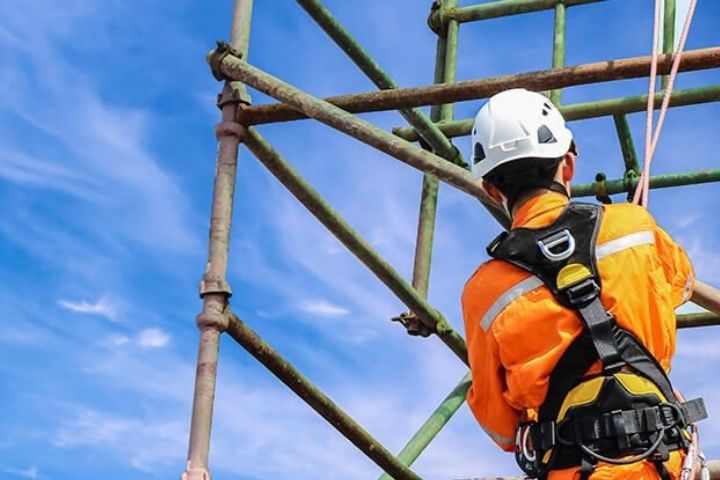Maritime

2 Days Webinar
£495.00 excl. VAT

0.5 Day
£205.00 excl. VAT

0.5 Day Webinar
£205.00 excl. VAT

1 Day Webinar
£154.00 excl. VAT

1 Day
£195.00 excl. VAT

0.5 Day
£90.00 excl. VAT














